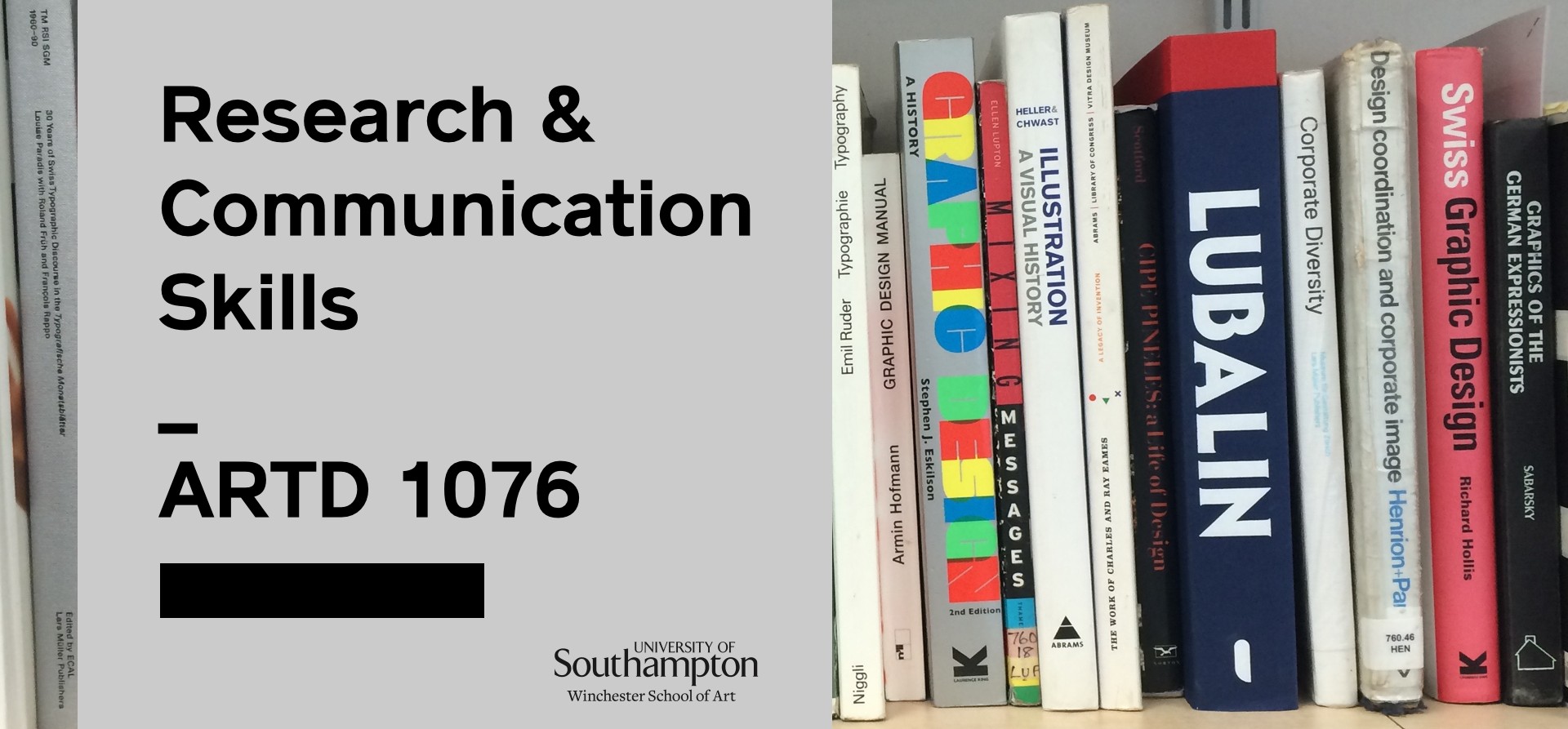Laura Neal
26/10/2017
Question Pair No. 3:
> A) Choose one of the indie designers / developers and outline why their work and approach is of interest to you.
> B) What do you think could be the most exciting indie projects already in development?
—
Unlike interactive narrative, I have not explored ‘indie’ games in depth. Before my research began, I always considered them a smaller branch of Games Design. However, as I began to investigate them, I realised that they have been a large part of gaming for a considerable amount of time. In this entry, I will be looking into a game that, until very recently, I had never heard of. I must note that I am surprised of this, as there is lots of varied material surrounding this game including interviews and a documentary called ‘Thank you For Playing’. This will mainly be an examination into the ideas and meanings behind ‘That Dragon, Cancer‘ by Ryan and Amy Green.
‘That Dragon, Cancer‘ is an incredibly gentle yet extremely poignant exploration game driven by the experiences and memories parents Ryan and Amy Green had of their dying son Joel. He lived a short life after being diagnosed with terminal cancer at a year old.
The game, which lasts two hours if played all the way through at once, takes the player through a series of innocent ‘activities’ with Joel, such as feeding ducks, visiting playgrounds, exploring large, beautiful woods and playing at home. It also focuses on the darker, more emotional times of the family such as visiting hospitals, seeing Joel receive his treatment and at times, witnessing the personal thoughts and feelings of both parents. As dialogue from the game is heard, pleasant white writing appears and as the player explores in-game areas, a very large collection of sound bytes can be heard. These are in the form of an almost physical ‘flashback’ of Ryan and Amy remembering their son. This is due to the decision to include sound bytes from real-life of Joel’s voice and laughter, Ryan and Amy’s own voices as they interact with him and the voices of doctors and various other people involved with both Joel’s treatment and personal life. They also included conversation about how ill Joel had become and what symptoms he was showing. These were incorporated within the game to properly simulate interactions with the young boy.
Personally, my interest in this game was due to its handling of its tragic nature. It would of course be natural to question why one would create a game based around such a morbid subject, but Ryan Green has expressed several times that he wanted to “…create a space…” to talk about the subject and added that once his son was gone from him, so were the moments. Within the game, the moments remain forever.
Another main reason for my interest is the decision to tell the story of their son by game; a medium which has only recently prospered. This could be due to Ryan and Amy’s wish to have as many people experience memories of their son with them.
‘That Dragon, Cancer‘ takes a truly tragic subject but deals with it extremely well by reflecting the positive of Joel’s short life rather than the overwhelming negative.
